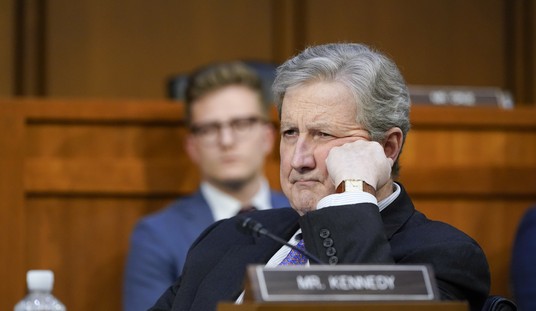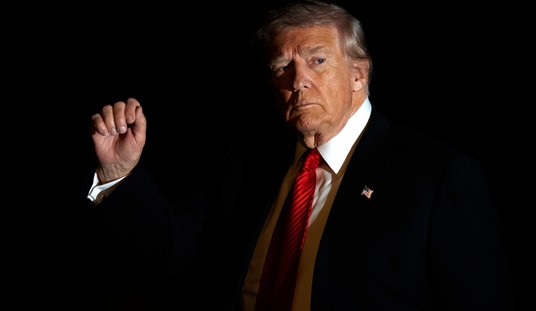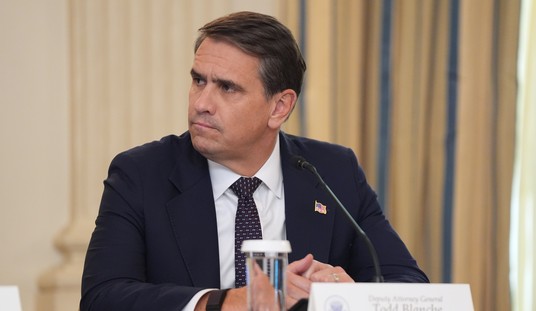The RNC, the candidates, and the voters are all complaining about the debates. The questions have mostly been designed to start fights and cause ratings boosts for the networks. Here are some questions I might recommend get asked. I’m rushing off to class, so my apologies for typos.
Trump:
You have repeatedly cited your success in negotiations including the use of bankruptcy for your businesses as a point of leverage in dealing with others. The U.S. Constitution would prevent the United States from filing bankruptcy. Without that leverage, how would you negotiate?
What steps would you take to restore the nation’s credit rating?
Carson:
You have, on several occasions, confused the national deficit and national debt. Can you explain the difference between them?
What would be your initial three executive orders upon taking office? Follow up if needed: What about the Mexico City Protocol?
Rubio:
Senator, your life has been in politics. How do you translate that life into relating with most Americans who hate politics and politicians?
Senators Cruz and Lee have been in Washington fighting Republican leaders who have been criticized by the base for not doing enough to stop Barack Obama. You have been absent from many of those fights. Why?
Cruz:
Senator, profile after profile of you and privately a number of your supporters say you have an authenticity gap. In other words, they worry you come across as scripted and not necessarily likable. How do you relate to the American people without sounding as if you’re giving a major speech?
The 2013 government shutdown did nothing. Why even consider a repeat?
Bush:
You have been adamant that national, uniform school standards are the right approach to education in the country. Doing so allows a federal Department of Education to exercise potentially corrosive influence to shape and politicize those standards. What procedures would you put in place to prevent that after you leave ofice?
Governor, you last held elected office in January of 2007. Why are you more qualified in 2015 than many of the present, newer faces in American politics?
Huckabee:
Governor, same question — you have not held elected office since January of 2007. Why are you more qualified than many of the present, newer faces in American politics?
You’ve been criticized by the Club for Growth for your economic policies. In particular, you have shown a willingness to advocate positions using government influence to shape the diets and habits of the American people. Why is it government’s business?
Paul:
Senator, you staked out a claim on national security issues that has gotten very little play with the Republican electorate. Where has the Republican Party gone wrong on this issue?
You have been critical of [mc_name name=’Sen. Ted Cruz (R-TX)’ chamber=’senate’ mcid=’C001098′ ]’s antagonism toward Republican leaders in the Senate. You have tried to work with them, including endorsing [mc_name name=’Sen. Mitch McConnell (R-KY)’ chamber=’senate’ mcid=’M000355′ ] for re-election, a decision that has gotten you a lot of criticism from tea party supporters. But what has your work with Republican leaders gotten you on your signature issue of national security?
Fiorina:
Your first major campaign was the Senate in California and it was unsuccessful. In that campaign you endorsed federal funding of embryonic stem cells for “extra” embryos. Is that still your position and, if not, why not?
After losing that race, you became a vice chair of the National Republican Senator Committee at a time it was battling conservative challengers and protecting incumbents. Why did you stay affiliated and how can you plausibly now claim to be an outsider?
Kasich:
Governor, you have on more than one occasion used scripture to justify medicaid expansion in Ohio. Why view Jesus’s command to take care of the poor as Caesar’s job instead of the job of individual believers, particularly when more and more data shows that as the government has done more to expand the social safety net, individuals have done less?
In New Hampshire recently, you said that states should rely on their legislatures to decide on expanding medicaid or Obamacare in states. But your legislature decided not to and added a provision in the state budget to prevent you from doing so. You subsequently vetoed that provision. Why say that we should rely on legislatures to make these decisions if you then veto the legislature’s decision?
Christie:
Governor, many conservative judiciary advocates note that your picks for the New Jersey court system have been liberal. Why should they trust you to not make liberal federal judiciary picks?
A number of Republican governors, their staffs, and outsiders who have interacted with your New Jersey political operation have said your staff is one of the most difficult and demanding to work with. Combine that and the hardball tactics your staff engaged in over a bridge in New Jersey, though without your knowledge, is that not a reflection of a management culture you have created?














Join the conversation as a VIP Member